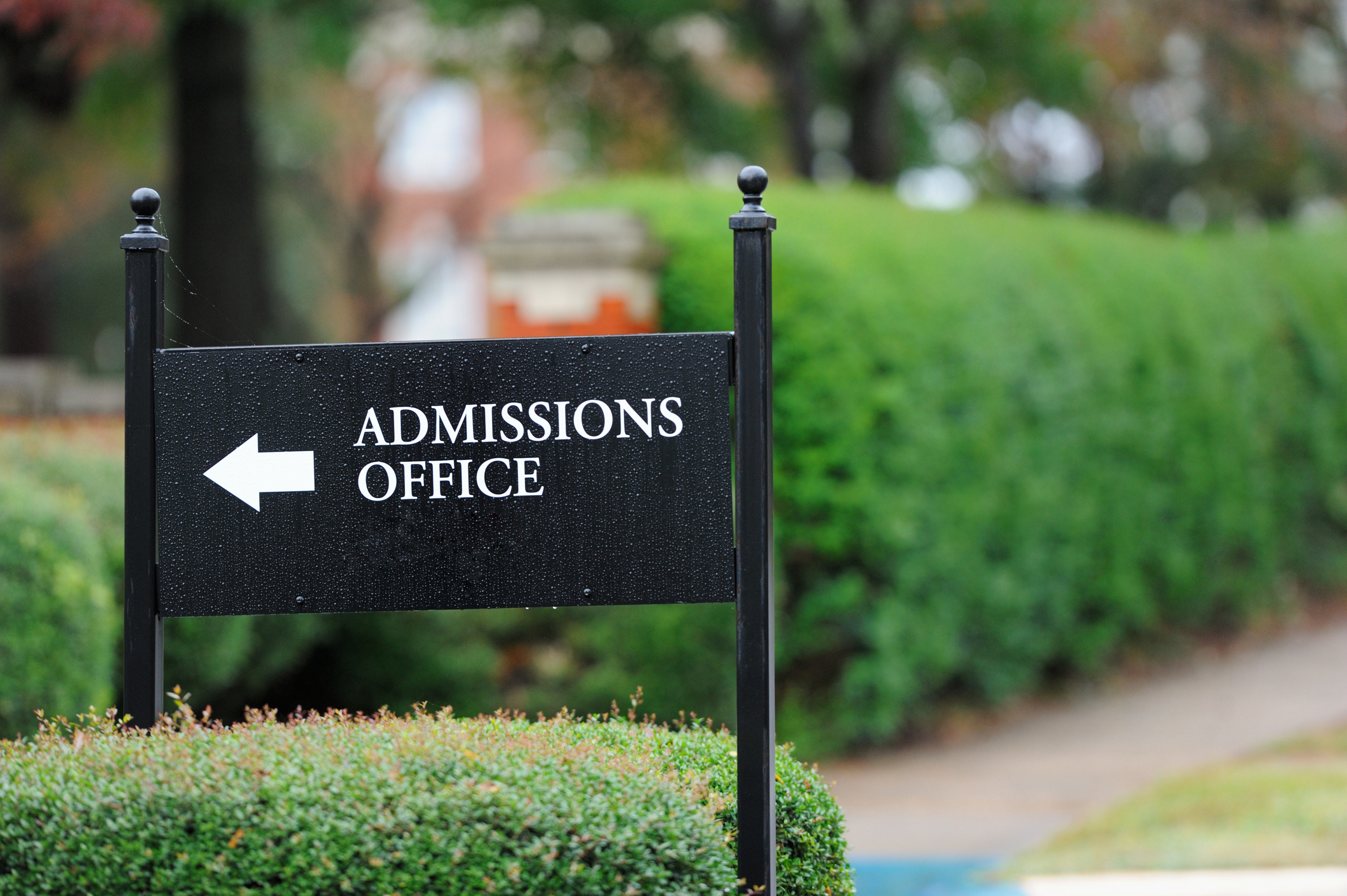5 college admissions trends to watch out for this year
College advisers and admissions experts say these trends will shape the 2023-2024 admissions cycle


A free daily email with the biggest news stories of the day – and the best features from TheWeek.com
You are now subscribed
Your newsletter sign-up was successful
The college admissions process is in flux. The Supreme Court's decision to end affirmative action, the questioning of legacy admissions, and the lingering effects of the Covid-19 pandemic, among other factors, have led to significant changes in how students apply to school. And experts believe these five trends could shape this year's cycle.
1. Competition remains high
Colleges have seen a more significant influx of applicants during the 2020-2021 and 2021-2022 admission cycles, "largely because many of these schools went test-optional," College Data stated. The Common Application reported that this trend continued in 2022-2023, with applications through its portal increased by 7.5% from the previous year. Application volume increases in the nation's most selective colleges and smaller, less competitive public colleges. With a larger body of applicants, admissions rates have been simultaneously declining.
As acceptance rates continue to fall, "even the most qualified candidates cannot be guaranteed an offer of admission," Lauren Dodington, a college admissions adviser at The BestU, told College Data. No matter how high your grades or test scores, all students "should have a range of colleges that are possible fits."
The Week
Escape your echo chamber. Get the facts behind the news, plus analysis from multiple perspectives.

Sign up for The Week's Free Newsletters
From our morning news briefing to a weekly Good News Newsletter, get the best of The Week delivered directly to your inbox.
From our morning news briefing to a weekly Good News Newsletter, get the best of The Week delivered directly to your inbox.
2. Test-optional applications are more common
Speaking of test-optional applications, over 80% of four-year colleges will not require students to submit SAT or ACT scores for the 2023-2024 cycle, according to the National Center for Fair & Open Testing (FairTest) data. Many schools intend to extend their test-optional or test-blind policies through the next school year, while a few have maintained or reinstated their testing requirements. As a result of the "boom in test-optional schools," advisers suggest that students who "fall at or above the 50th percentile of the college's previous freshman class" submit their scores, College Data noted.
3. Early admissions are the new regular admissions
Another significant trend is a shift toward more applicants for early admission or action. Before the pandemic, most schools admitted between 20% to 30% of their first-year classes through earlier admissions, per College Data, but that has changed over the past few years. "Selective colleges are filling more of their incoming classes early to reduce the uncertainty of regular-decision cycles, in which students might be weighing acceptances from multiple schools," Jefferey Salingo explained in The Atlantic. In last year's cycle, Barnard College admitted 62% through early admission, Boston University accepted 50%, and the University of Pennsylvania 51%.
Applying for early decision is the "best way to demonstrate your interest in a particular college and assure highest consideration in the pool," Aviva Legatt advised in Forbes. Still, she said, students should remember that early admissions agreements are binding, while early action is less restrictive and nonbinding.
4. Direct admissions offer a new path
Jenny Rickard, the president and CEO of the Common App, told Higher Ed Dive she sees "different pathways to admission, like direct admissions, becoming more popular." Direct admissions programs, like the ones offered by Niche and Concourse Global, allow students to be accepted to participating schools based on their profiles, eliminating the need for an application. These initiatives are "about changing the narrative of a college education from one of scarcity to one of opportunity," Rickard noted, "by ensuring students know that college opportunity is an abundant resource — and one that's available to them." Direct admissions "puts the agency back into the student's hands," she added.
A free daily email with the biggest news stories of the day – and the best features from TheWeek.com
5. The importance of essays may vary
Potential applicants should also be aware of the "possibility that some colleges will drop admission essay requirements," Legatt said in Forbes. With the ghost of ChatGPT and other generative AI tools lingering, many institutions are looking for different ways for students to express themselves. Several schools offer students the opportunity to submit video essays or introductions, sometimes even before they apply, per The College Curators.
For schools still relying on traditional essays, 2023 is shaping up to be the "year of the identity-driven essay," likely because it's the "one part of the admissions process in which it is still explicitly legal to discuss race after the Supreme Court banned affirmative action in June," The New York Times reported. After reviewing over two dozen essay prompts used on college applications this year for "highly selective colleges," the Times found that many prompts used words and phrases like "identity" and "life experience" to probe "aspects of a student's upbringing and background that have, in the words of a Harvard prompt, "shaped who you are."
Theara Coleman has worked as a staff writer at The Week since September 2022. She frequently writes about technology, education, literature and general news. She was previously a contributing writer and assistant editor at Honeysuckle Magazine, where she covered racial politics and cannabis industry news.
